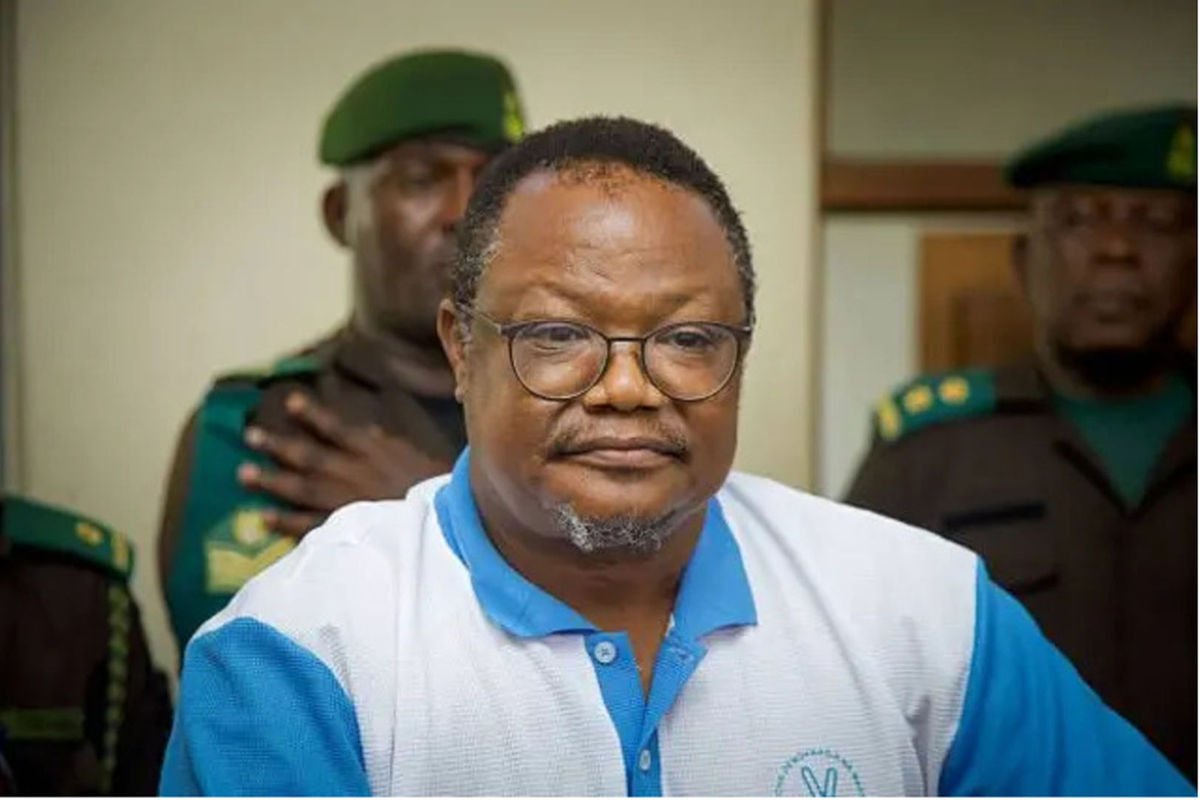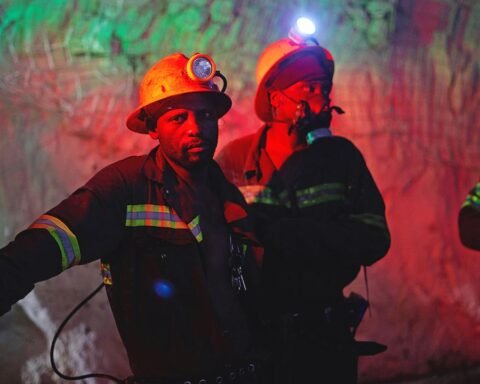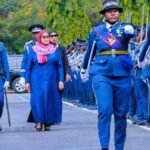The High Court of Tanzania in Dar es Salaam has dismissed preliminary objections raised by opposition leader Tundu Lissu in his ongoing treason trial, ruling that his arguments lacked merit and the proceedings should continue without delay.
Lissu, who is the national chairman of CHADEMA, had challenged the validity of the charge sheet filed against him, arguing that it contained inconsistencies and procedural errors. He also requested that the case be broadcast live through television and digital platforms, a move he said would strengthen transparency and reassure the public that the trial was being handled fairly.
Judge Dunstan Ndunguru, delivering the ruling on behalf of a panel of three judges, rejected the objections in their entirety. The court held that the defects alleged by Lissu were not sufficient to nullify the indictment and described the request for live streaming as unnecessary. This effectively cleared the way for the substantive hearing of the treason charges to begin.
In an unusual move during the session, Lissu unveiled a list of witnesses he intends to summon. The list includes top government officials such as President Samia Suluhu Hassan, Vice President Philip Mpango, and Prime Minister Kassim Majaliwa. Others mentioned were senior police officers, security chiefs, and prominent activists from Uganda and Kenya who have previously claimed they were abducted and mistreated. Lissu insisted that these individuals hold crucial information relevant to the case.
Also Read; Trump Calls for Revoking Licenses of Critical TV Networks
Outside the courthouse, CHADEMA Deputy Chairman John Heche addressed journalists, expressing disappointment with the ruling. He described it as a setback for openness but urged party members and supporters not to lose hope. “This is only the beginning of a long legal process. We will stand firm and continue to demand justice,” he said.
The case has drawn widespread attention both within and beyond Tanzania. Prosecutors allege that Lissu committed treason by making public remarks earlier this year that they claim amounted to incitement against the state. Lissu, however, maintains that his comments were legitimate political speech and accuses the government of using the courts to silence dissent ahead of next year’s elections.
Legal analysts say the rejection of the objections is a critical milestone that sets the stage for a high-stakes trial likely to test the balance between Tanzania’s political freedoms and its security laws. The decision not to allow live broadcasting has also raised questions about transparency in cases involving senior political figures.







